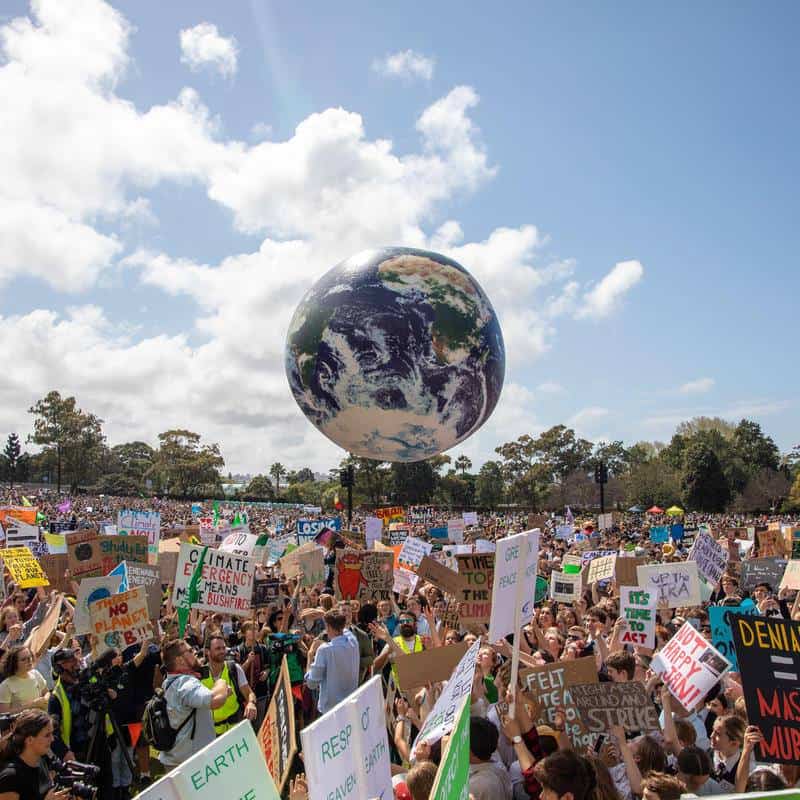Greenpeace Australia has responded to the 2021-22 Federal Budget by accusing the Government of “putting on a show of taking action on the symptoms of climate change” without doing anything to tackle the root cause: the burning of fossil fuels.
The environmental organisation believes the Government is throwing money at fossil fuel infrastructure and “false solutions” such as Carbon Capture and Storage (CCS) that only entrench the use of coal, oil and gas in the country.
Commenting on the allocation of $1.2-billion for low-emissions technology innovation announced by Treasurer Josh Frydenberg when he tabled the Budget on Tuesday, Dr Nikola Čašule, Head of Research & Investigations at Greenpeace Australia Pacific, said: “At no point does this measure mention renewable energy, which is already powering swathes of the Australian economy.”
He continued: “Instead, the Budget provides $263.7-million dollars for the false solution of CCS. The Coalition Government seems hell-bent on funding everything but proven, existing zero-emissions technology like wind and solar.”
Package is ‘a band-aid for a bullet hole’
Addressing the Oceans Leadership Package detailed in the Budget, Čašule described it nothing but a band-aid for a bullet hole. The biggest threat to the oceans was climate change and strong and meaningful climate action was needed, not token initiatives.
On the newly announced National Recovery and Resilience Agency, he said the Government was not being honest.
“This is an agency set up to deal with the extreme weather events that climate change, and the … inaction on it is turbocharging every day.
“The Government has consistently refused to take action to address the mining and burning of coal, oil and gas as the cause of climate change – and now Australians are paying for it in the Budget.”
According to Čašule, adaptation measures like the Resilience Agency and Australian Climate Service Initiative are necessary because Australians are now feeling the impacts of climate change, which is driven by the mining and burning of coal, oil and gas.
Funding gas-based projects not the answer
Discussing $58.6-million budget allocation for gas-fired recovery and $173.6-million for gas infrastructure roads, Čašule noted that gas is an expensive, polluting fossil fuel which is driving climate change.
“Spending hundreds of millions of dollars on climate adaptation measures while funding one of the worst drivers of climate change is not only dangerous, it makes no sense economically,” he stated.
“Investing in new gas is unlikely to pay economic dividends and so it is a waste of budget spending. Investing further in gas risks locking in huge investment losses, stranded assets and will continue to drive the climate crisis.”












